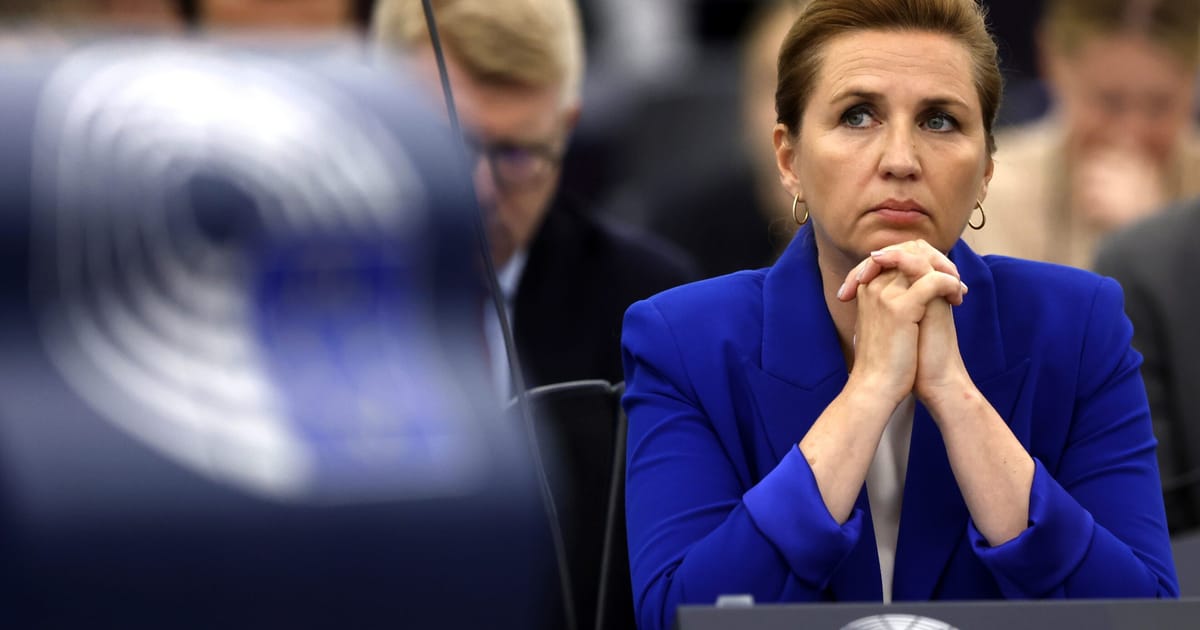

In an evolving global landscape, nations are increasingly re-evaluating and prioritizing critical issues such as migration, trade, and international partnerships. Recent developments underscore these dynamics, as Denmark champions stricter migration protocols, the European Commission gears up for critical talks with China, BRICS countries strive for unity, and Taiwan seeks a balanced trade relationship with the United States.
Denmark’s Prime Minister, Mette Frederiksen, emphasized the importance of mitigating migration influxes within Europe during a session with the European Parliament. Her remarks reflect a growing sentiment among some EU member states advocating for robust measures to regulate migration. Frederiksen stressed the need for collective action across Europe to address these challenges effectively, ensuring that countries can maintain social cohesion and stability while welcoming newcomers who bring diverse contributions.
Meanwhile, the European Commission President, Ursula von der Leyen, prepares for a significant summit in Beijing. The discussions are poised to address critical aspects of the EU-China partnership. Von der Leyen highlighted the necessity for a “genuine rebalancing” of this relationship, focusing on trade production, export practices, and diplomatic interactions encompassing broader geopolitical concerns such as Russia and Ukraine. This rebalancing effort aims to create a more equitable framework that fosters mutual benefit and long-term cooperation between the EU and China.
Amidst these European deliberations, the BRICS nations recently convened in Rio de Janeiro. However, achieving a unified front has proven challenging. The group, comprising significant emerging economies, expressed concerns regarding tariffs impacting global trade without explicitly citing the United States or its former President, Donald Trump. These discussions highlighted internal disagreements among members, suggesting that while the BRICS bloc possesses potential for substantial collaborative influence, internal cohesion remains a work in progress.
Simultaneously, Taiwan is engaging in negotiations with the United States to achieve a fair trade balance. The U.S. President has reportedly sent communications to several international partners, detailing new tariff structures unless existing trade barriers and taxes are adjusted. Taiwan’s pursuit of an equitable trade relationship underscores the broader global narrative of nations endeavoring to uphold fair trade practices amidst a complex international economic environment.
These developments mark a fascinating period of transition and diplomacy where nations navigate multifaceted challenges. The emphasis remains on fostering harmonious international relationships while adapting policies to contemporary realities. As countries engage in these critical discussions, the overarching commitment to stability, peace, and economic prosperity continues to guide global political discourse.
Source: {link}
